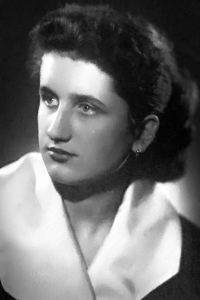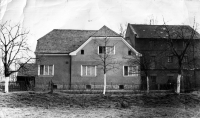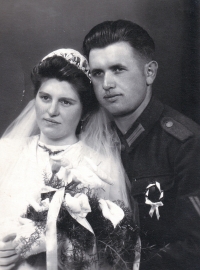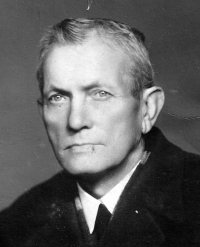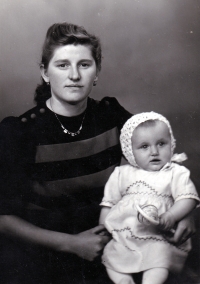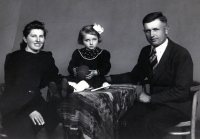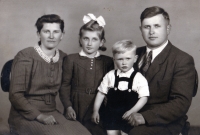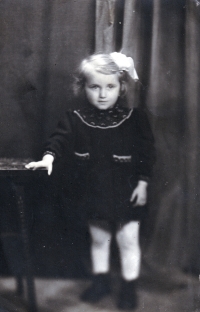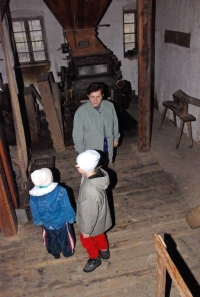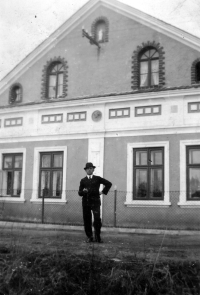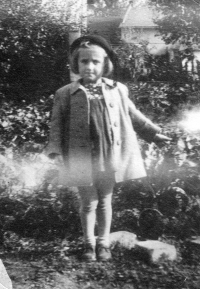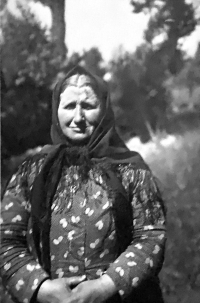That’s a stranger. She didn’t want to hug her father when he returned from Russian captivity

Download image
Adelheida Pačková, née Čujková, was born on October 23, 1943 in Kobeřice in the Hlučín region. It was then part of the German Third Reich. The family owned and operated a mill. The father had to enlist in the Wehrmacht at the beginning of World War II. He was captured by the Russians and returned only in 1947. The Communists nationalised their prosperous mill in 1961 and closed it in 1965. They also confiscated their house, for which they then had to pay rent. The father then worked as a porter in a gypsum mine. Adelheida was raised Catholic and did not hide her faith even in adulthood. She wanted to be a kindergarten teacher, but was not recommended because of her religion. She graduated from the gymnasium in Hlučín. Until her retirement, she worked as a planner and supervisor at a press factory for new materials in Chuchelná. She raised a daughter with her husband František Paček. In 2021, she lived in Kobeřice.
